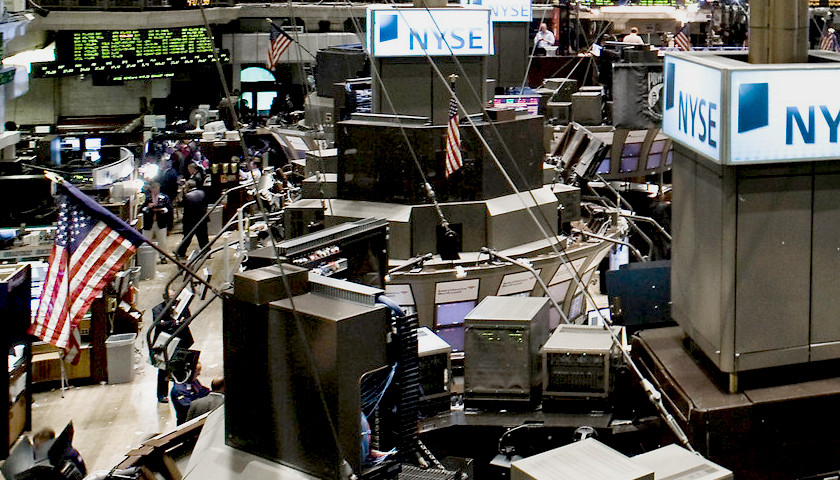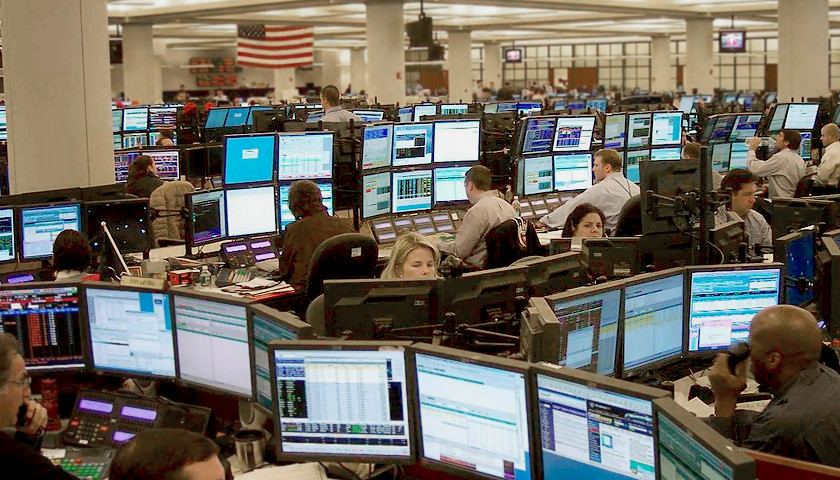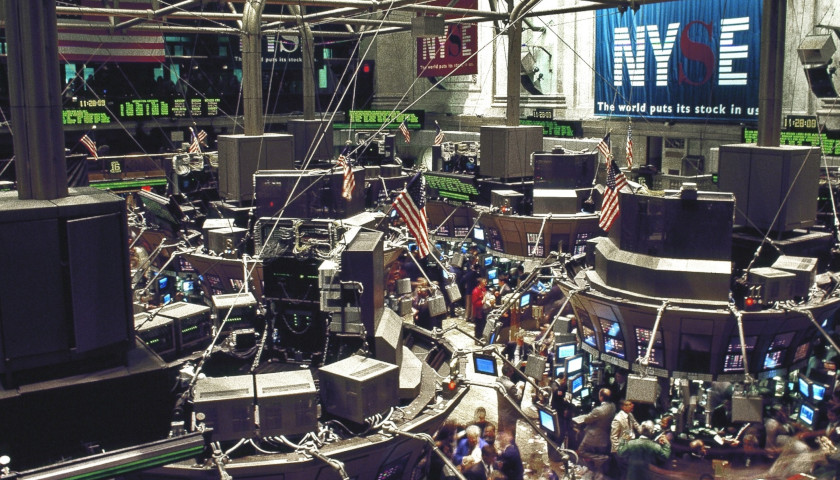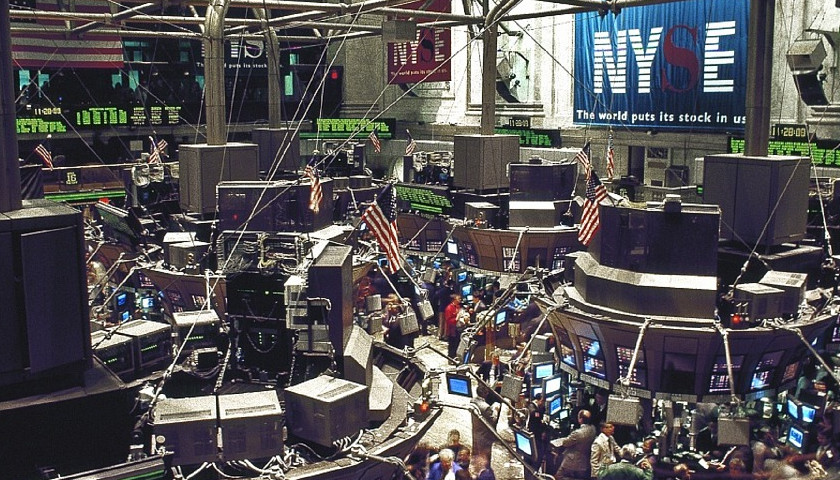A Wall Street executive is considering a run for United States Senate in Michigan for retiring Democratic Sen. Debbie Stabenow’s seat in 2024 as Republicans have yet to court a serious contender for the vacancy, according to Politico.
Vice Chairman of the New York Stock Exchange and Michigan native John Tuttle served under former President George W. Bush’s Political Affairs Office and has been working on Wall Street since 2007, according to Politico. The Wall Street executive could potentially face Democratic opposition from Rep. Elissa Slotkin, and has already been corresponding with Republicans in Michigan and Washington, D.C.
Read the full story






